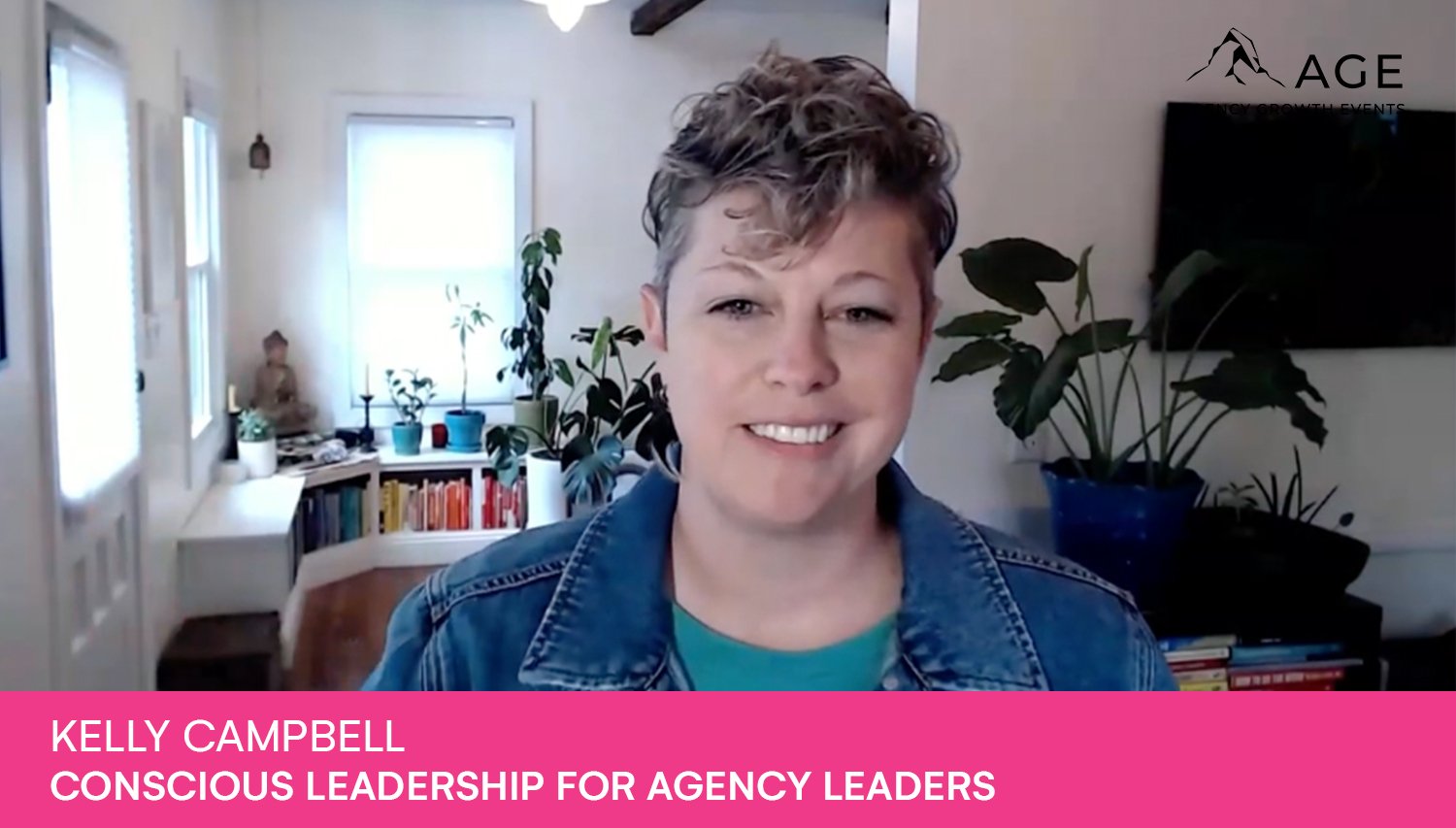S1-E4: Internationalizing your Business for Agencies & Marketers – Jamie Sergeant
How to become a global digital agency?
When your digital marketing agency has offices in cities like San Francisco, New York, Amsterdam, London, Madrid, Dubai, Shenzen, Chengdu, and Sydney, you can rightfully call yourself a global digital agency, just like the team at Crowd do.
Meet Jamie Sergeant, Global CEO of Crowd, as he lays out the fundamentals of internationalizing a digital marketing agency, recorded live at Agency Growth Events Season ONE. But before we get to the detailed breakdown of what he said, here’s some of our own wisdom:
First-off, to internationalize an agency, you need to have a global mindset and a matching business model. You can’t just replicate your business in different international markets and hope it works the same way, it most probably won’t. The international arena is a much bigger place and you need to figure out how you’re going to meet your audience in different countries.
Next, internationalizing a business is almost always about internationalizing your client base. A good start might be your existing clients. They might have international customers already and you can get involved with their overseas business as a start. Get past the local market search engine optimization, google ads and marketing strategy work, and start talking to your clients about their digital marketing and digital strategy needs on the international market. You’ll quickly find yourself talking marketing campaigns and managing social media platforms over multiple time zones and languages.
Once business is up and running, there is internationalizing the delivery of services and products, which means internationalizing all aspects of your business: your marketing department, finance, HR, and legal support to name a few. If you want to be a global digital agency, these areas will require significant investment in expertise and resources before you can even consider opening up international offices.
Finally, internationalizing your agency means internationalizing the team. You need to make sure that you have a senior leadership team with international experience and people who know how to do business in the countries where you want to expand into. These international leaders must be local people who understand the culture and the business landscape much better than anyone on your current team.
Now let’s look at what Jamie has to say about all these. Here are his six tips:
1- Think Strategically
2- Set the pace
3- Find a partner
4- Verify your brand?
5- Transcreate content
6- Protect your IP
1- Think Strategically
If you’re crossing the Rubicon the first thing you need to do is to understand which markets are best suited for you. Make a plan, do your research, and analyze data so you understand the potential each market holds. There are lots of online resources to help with this like the open data of The World Bank.
Once you know which markets to enter, develop a strategy for how you’re going to win in those markets. This might mean adapting your services, your products, your processes, and even the way you deliver them. Online advertising might look the same from a distance, but rest assured, you’ll find how different it is every time you start working in a new market.
An equally important thing to choose is which markets would NOT work for you. Perhaps the marketing budgets are low, companies in your target industry are small, or the digital advertising landscape is built on a significantly different stack. These are all challenges worth noting while you’re drawing up your plans. Remember the digital marketing industry is not one size fits all.
To help with your market penetration strategies, you can also join trade associations or professional networks with knowledge and network reach in your industry that work internationally. This is a great way of developing international contacts and finding new business opportunities. For the UK, the Department of International Trade is a great place to start at.
2- Set the pace
The world is a very, very big place. Once you’ve done your market research and decided on which countries you’re targeting, you also need to set success criteria before you set your eyes on the next market to tap.
How many new clients do you want in each country? What’s the value of those new contracts? How much market share can you realistically achieve in each country? How do you achieve and maintain profitability? (by the way, on this note, you might want to listen to Peter Czapp here)
If you don’t do this and just go about entering markets without setting targets and criteria for success, then it’s too easy to spread yourself thin and lose focus on what matters most in international business: customer satisfaction.
In short, don’t try to do it all at once, start getting results in one territory before you move on.
3- Find a partner
Repeat after us: You need a partner.
Speaking from his real-life experience, according to Jamie, this is the most important thing to get right when internationalizing your digital marketing agency.
You can start the market analysis as classic competitor research but with a twist. You’d be looking for potential partners with complementary skills and capabilities that’ll bring value to both businesses. You can be a global leader in social media marketing or growing organic web traffic but if the social platforms and/or the search engines you’re used to working with (such as google analytics) are not the dominant ones in the market you’re targeting to enter, you need to trust a partner who knows the local game better than you do.
This competitor analysis is not a game of Tetris where you’re trying to create a newco that’ll stack together everything under the sun and become a full-service agency at all costs either. Stick to your core strengths so you can service your newly found customers in a great way and build relationships that last.
A partner can help you with all aspects of internationalization, from understanding the cultural nuances in different countries to getting the right permits and licenses in place. They can also provide local knowledge, network, contacts and even customers that can be invaluable at the beginning.
Networking events, trade associations, and governmental bodies can also be very helpful in meeting the right people. Your potential customers and partners might already be vetted by a trade agency which will provide a smaller audience of companies to focus on and get results faster.
4- Verify your brand
Your brand is very cool, we know. But does it have the same cultural associations, rhyme, and X-factor in the new market you’re entering? Or do you need a new, or at least slightly revised brand to succeed? It’s worth asking the question to make sure you’re internationalizing your digital marketing agency in a way that will work.
As in international content marketing or advertising in general, you might need to adapt or change aspects of your brand, website, and collateral for international markets so they can resonate with international customers.
There are lots of products and services out there that have international appeal but then don’t translate well into other countries because of cultural nuances. So it’s important to be aware of these and make sure you’re not making any assumptions about what will work or won’t work. Consumer behavior will differ and you should not assume you’re the expert.
5- Transcreate content
One thing to be sure of is transcreating as opposed to translating original content for your online landscape. This is a very important distinction to make when you’re communicating with an audience that you linguistically don’t fully understand. All your fantastic digital marketing skills and strategies will fail if you cannot get your point across in a simple and effective way on your web pages, email marketing, digital advertising, or any other copy you’re using as part of your digital marketing portfolio.
Transcreation takes into account all of the cultural nuances that might be lost in translation. It’s the process of adapting content from one language to another while keeping the same tone, style, wit, and meaning as the original. This is especially important when you’re targeting to generate leads from multiple international markets as it ensures that your content is consistent across all channels and languages.
Translation might be a job for a digital marketer with language skills but transcreation takes a true digital marketing specialist and content expert from the local market. Your winning marketing strategy and marketing campaigns will generate leads as long as the content marketing knowledge of your company is truly reflected in your work. No amount of social media marketing or advertising budget or email marketing database will make up for a bad copy.
6- Protect your IP
This one’s a no-brainer, but it’s still important to remember when internationalizing your digital marketing agency. Make sure you have the correct IP protection in place so you can safeguard your business and ideas from being copied or stolen by competitors.
There are a variety of different ways to protect your IP, from trademarks and patents to copyright and trade secrets. So do your research and find the right protection for your business.
Again, your first port of call should be your local partner, as they’ll have the right contacts to go to and get the protection policies in place.
Bonus tip: Create international job opportunities for young talent
Many young people are looking for international career opportunities, and your business can benefit from this in finding the right digital marketers for your business. By developing a strong international presence, you’ll be able to attract the best talent from all over the world. This is a great way to build a talented and successful team that can help your business grow.
The younger digital marketers of the global digital marketing industry have in-demand skills and are more mobile than ever before. An international relocation could as well be a dream job most wouldn’t have direct access to potential employers who’re hiring internationally. So use your network and provide positions in your company that allow for an international career path, built on real-world projects and experience in overseas markets.
Needless to say, this goes both ways. For your newly joining local office digital marketers, you can provide online programs, such as a digital marketing course or a course on effective communication in an international setting to build up their communication skills.
More Agency Growth Tips
Thank you for reading digital marketers! We hope this article has helped internationalize your business. For more information, please don’t hesitate to get in touch with us. For more powerful tips like these, follow our blog and sign-up for our newsletter and share this post on your social media platforms and within your companies.
A good next read could be this:
How to Grow a Digital Agency? Ten quick tips
or this:
















